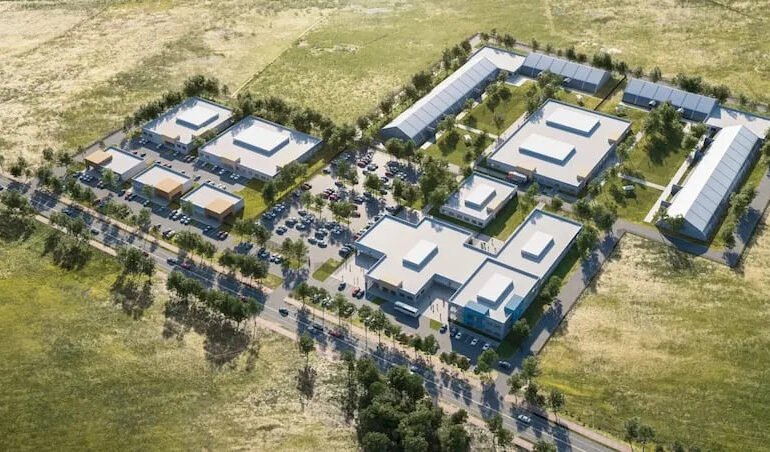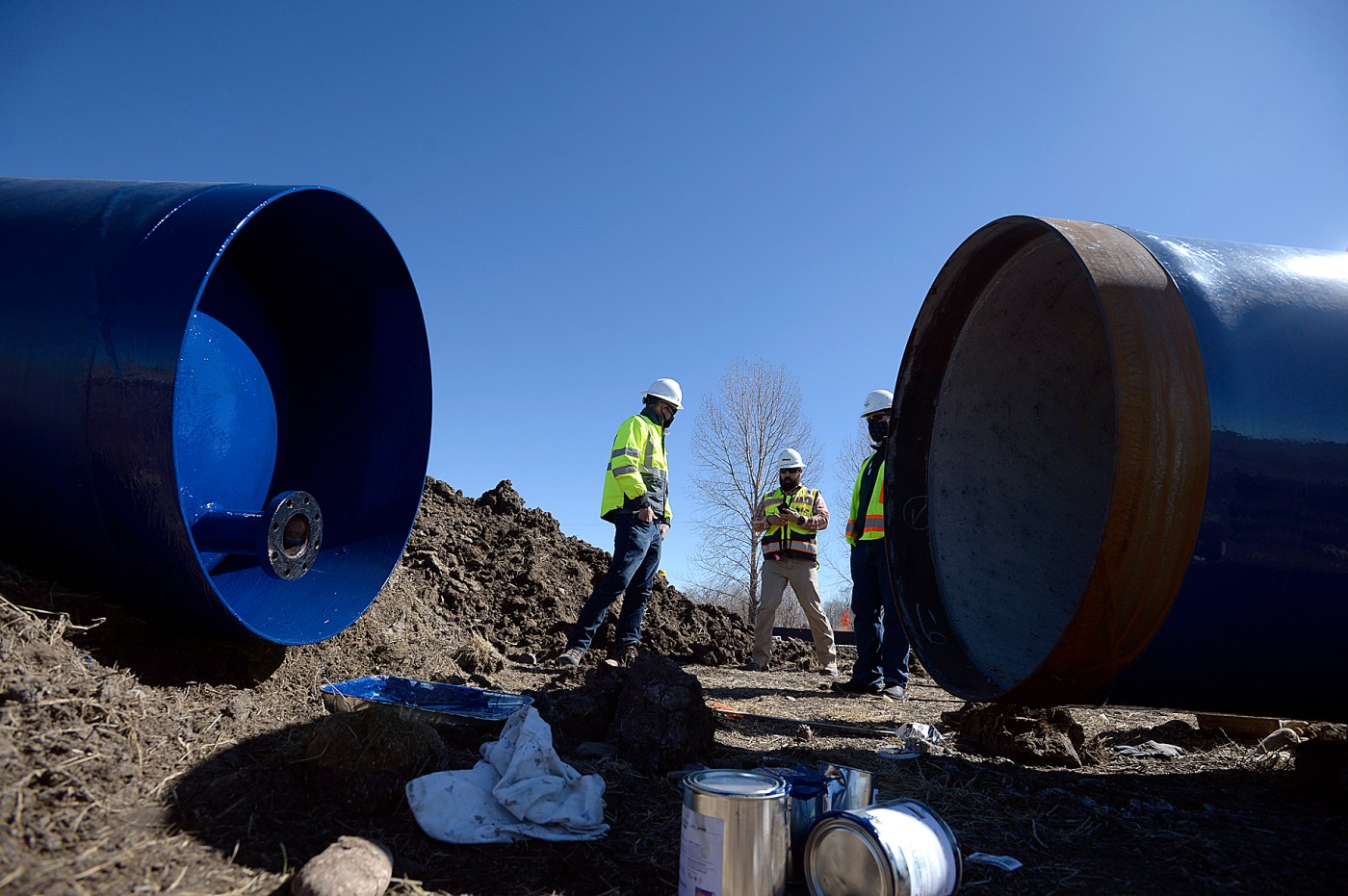Utah’s Ambitious 1,300-Bed Homeless Campus Faces Backlash Now

UPDATE: Utah’s plan for a groundbreaking 1,300-bed state homeless services campus in northwest Salt Lake City is facing significant pushback from the community as details emerge about its location and potential impact. The project, which aims to provide comprehensive services for individuals experiencing homelessness, was announced earlier this month but has already sparked concerns among residents, city leaders, and advocacy groups.
Officials from the Utah Office of Homeless Services revealed that the facility could open as soon as 2027, after acquiring nearly 16 acres of land in the Northpoint area. The proposed campus aims to offer not just shelter, but also job training, housing assistance, and support for addiction recovery. Wayne Niederhauser, the state’s homeless coordinator, emphasized that this initiative is designed to address the growing homelessness crisis in a sustainable way.
However, community members are voicing their worries. More than 1,400 residents have signed a letter opposing the campus’s location, citing environmental concerns about the Great Salt Lake wetlands, which could exacerbate stormwater runoff issues. A demonstration was held outside the proposed site just hours before Niederhauser’s presentation to the Salt Lake City Council, where he faced scrutiny over the project’s perceived ambiguity.
“We want to ensure this plan is compassionate and effective,” said Allison Musser, a Northpoint resident. “This project feels rushed and incomplete.” The council’s meeting lasted over an hour, with council members questioning whether this initiative is a viable long-term solution or just a temporary fix, referencing the controversial Operation Rio Grande from 2017.
Niederhauser defended the project’s structure, stating it is projected to cost around $65 per night per individual, which is still more economical than the costs associated with jails or emergency room visits. He has submitted a request for state funding in the upcoming 2027 fiscal year, with hopes it will be included in Gov. Spencer Cox’s proposed budget due in December.
Despite the optimistic outlook, funding remains a major hurdle. Niederhauser acknowledged that both state and local budgets are tight, which could complicate the project’s timeline. He also indicated that the state plans to partner with a nonprofit organization to manage the campus and is exploring shuttle services to assist residents in accessing essential resources throughout the city.
The Salt Lake City Council continues to express concerns over the project’s potential impact on the community and the environment. Councilwoman Victoria Petro highlighted the need for a well-regulated plan to avoid repeating past mistakes that have caused community distress.
As planning continues, the Utah Office of Homeless Services has committed to addressing community concerns and conducting necessary reports on soil and transportation. The agency remains in dialogue with various stakeholders to clarify the project’s intentions and mitigate opposition.
With the public divided on the proposed homeless campus, the urgency for a clear, actionable plan grows. The next steps include awaiting funding confirmation from the state and ongoing discussions with community members to ensure the project meets the needs of those it aims to serve.
Stay tuned for more updates as this story develops.






